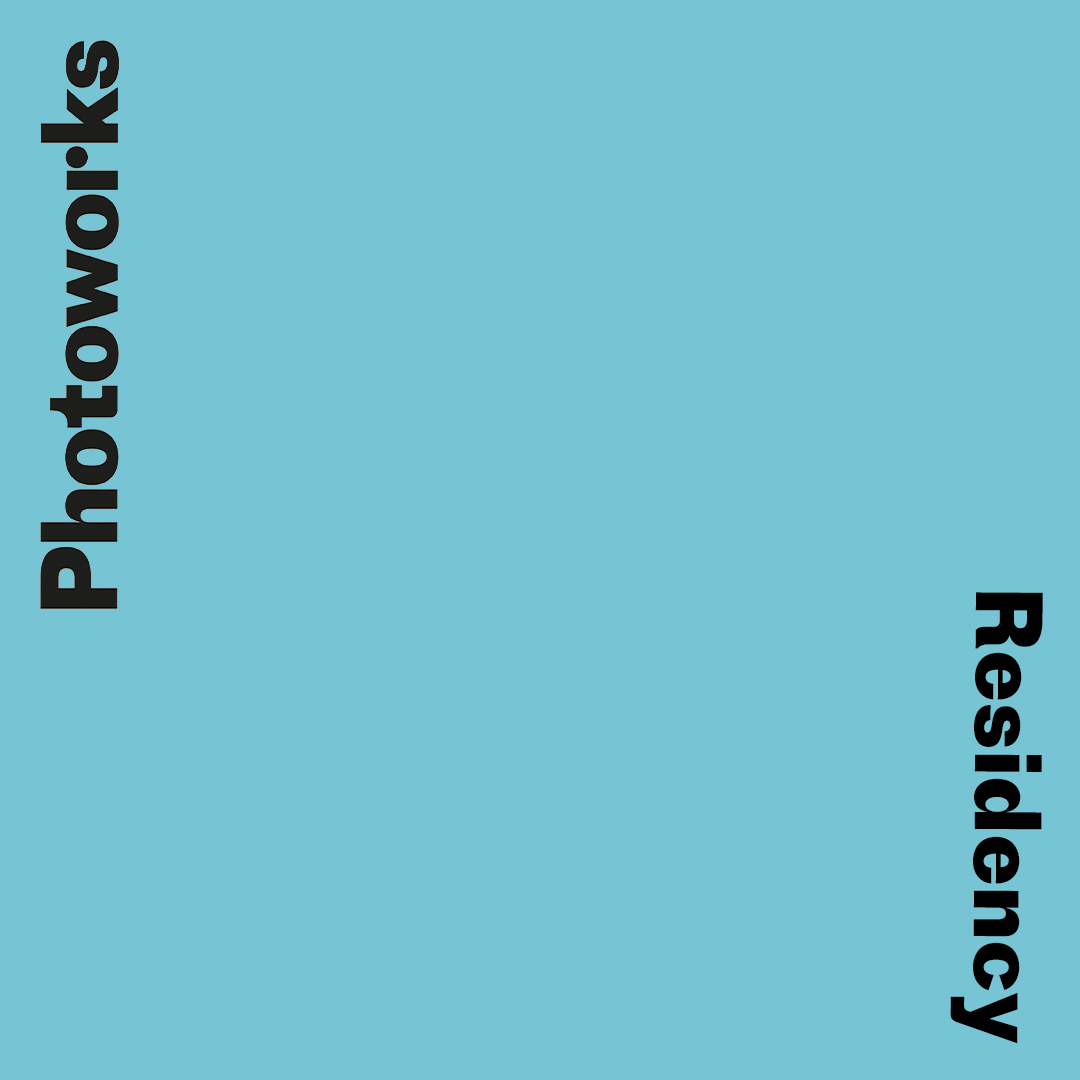Each year we appoint a writer in residence to contribute to four editions of our online magazine Photography+. This popular digital publication is read by international audiences and features new writing, imagery, and films, giving a new perspective on photography. This is a paid residency and would suit to an early career writer looking to build their portfolio and profile as a published writer.
Each article is commissioned with a full brief from the Photography+ editor, developed in discussion with the writer. Articles must be delivered on time and on-topic and will be edited before publication by the Photography+ editor and copy editor. The editor will help with image research where appropriate. Articles are a maximum of 1000 words, and can include interviews, Q&A’s, essays, and thematic features. There is a fee of £300 for each article.
Register your interest here
Photoworks Writer in Residence Alumni
Carolina Semprucci & Hannah Geddes, 2025
Angelina Ruiz, 2024
Tanlume Enyatseng, 2023
Sabrina Citra, 2022
Tshepiso Mabula ka Ndongeni, 2021
Marissa Chen, 2020

